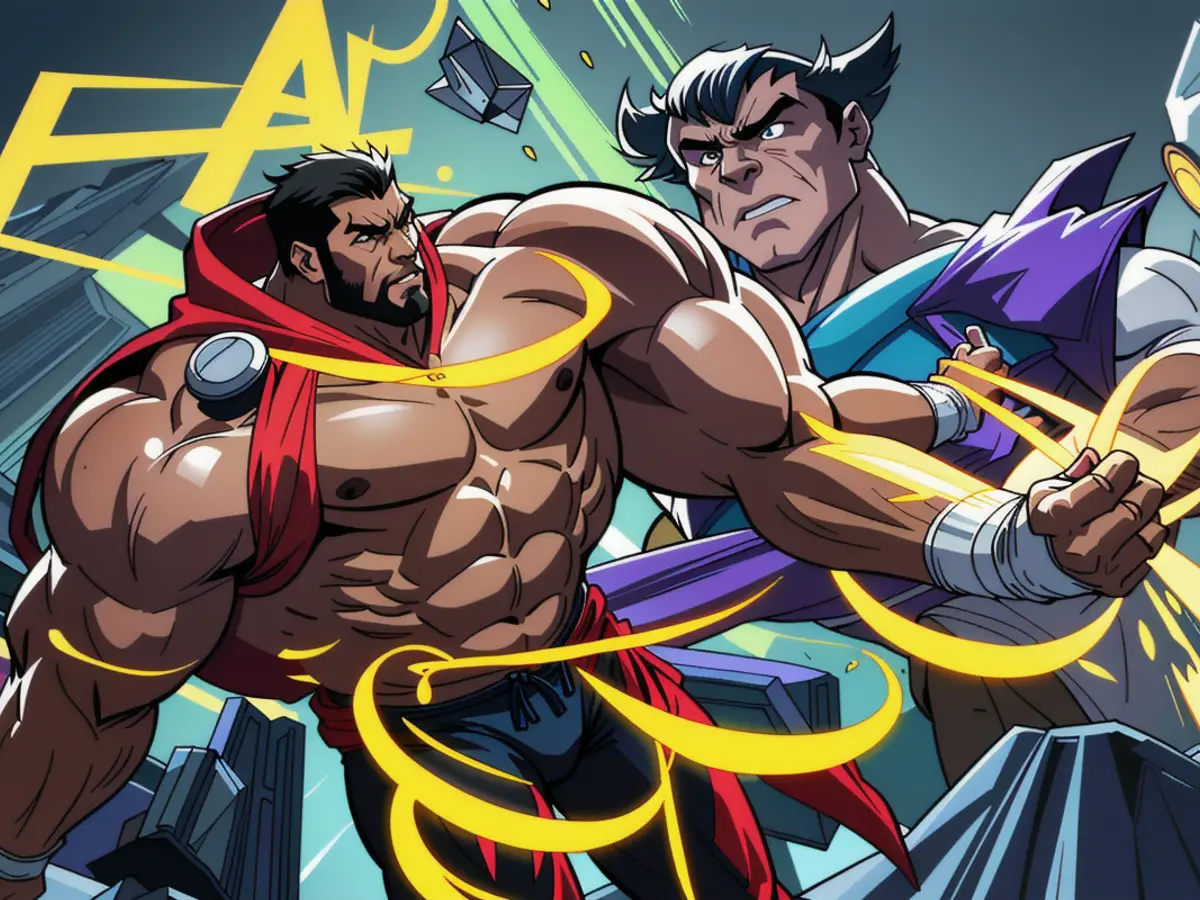Headline
Title: Trump's Sentencing for Hush Money Case Scheduled for Friday as Supreme Court Turns Down Last-Minute Plea
Supreme Court Stands Firm on Trump's Sentencing, Rejecting His Last-Ditch Effort
Overview
In a 5-4 decision, the Supreme Court has chosen not to intervene in President-elect Donald Trump's impending criminal sentence. The landmark ruling comes just days before Trump's scheduled sentencing in Manhattan, as the high court dismissed his last resort to overturn his guilty verdict. Despite this outcome, it appears that Trump will likely skirt any substantial penalties for his crimes.
Pivotal Moments
Supreme Court's Decision
The conservative-leaning justices Clarence Thomas, Samuel Alito, Neil Gorsuch, and Brett Kavanaugh supported granting Trump's request, but they fell short of the necessary votes. The judge overseeing Trump's trial – Juan Merchan – had previously refuted Trump's bids to overturn the verdict, citing the Supreme Court's past ruling securing some immunity for the president-elect.
Trump's Request for a Stay
Trump petitioned the Supreme Court to halt his sentencing, citing issues with the evidence used at trial. Additionally, he argued that he should not be prosecuted as president-elect, given his ascending role to the Oval Office.
Manhattan District Attorney's Response
The Manhattan District Attorney's Office countered Trump's request, arguing that the high court did not have jurisdiction over the case, which is being handled in state court. The appeals process would provide ample opportunity to address Trump's concerns. Furthermore, the District Attorney insisted that the sentencing would not pose a significant burden on Trump's impending presidency.
Judge Merchan's Rebukes
Judge Merchan has twice rejected Trump's attempts to evade sentencing, citing unjustified arguments against the guilty verdict. Merchan had scheduled the sentencing for Christmas Eve and later confirmed it for early January, giving Trump the option to appear virtually to accommodate his transition process.
Enrichment Insights
- The conservative justices considered granting Trump's request due to the relatively insignificant impact of the sentencing on his presidential duties.
- The majority of the justices thought that the evidentiary issues could be addressed through a normal appeal process, as opposed to requiring an urgent stay of proceedings.
- Judge Merchan had indicated that no jail time would be imposed, further diminishing the perceived burden on Trump's responsibilities.
- The Court recognized that Trump's conviction was associated with unofficial conduct, and did not pose a threat to the executive branch.
- The Court recognized the timing of the sentencing during the transition period but noted that the virtual option presented by Judge Merchan would help minimize any disruptions.
- Despite Donald Trump's last-ditch effort to the Supreme Court, criminal charges against him will not be delayed, as the court rejected his request for a stay.
- With a 5-4 decision, the Supreme Court upheld President-elect Donald Trump's guilty verdict in the hush money case, allowing for his impending sentencing in Manhattan.
- Immunity as president-elect does not apply to Donald Trump, as the Supreme Court dismissed his argument that he should not be prosecuted before assuming office.
- In a case involving hush money payments, Donald Trump was convicted, but it seems unlikely that he will face substantial penalties, given the Supreme Court's decision not to intervene in his sentencing.
- The Supreme Court has refused to halt Donald Trump's sentencing on criminal charges related to a hush money case, affirming the judge's earlier decisions and allowing the convicting court to issue a guilty verdict.








